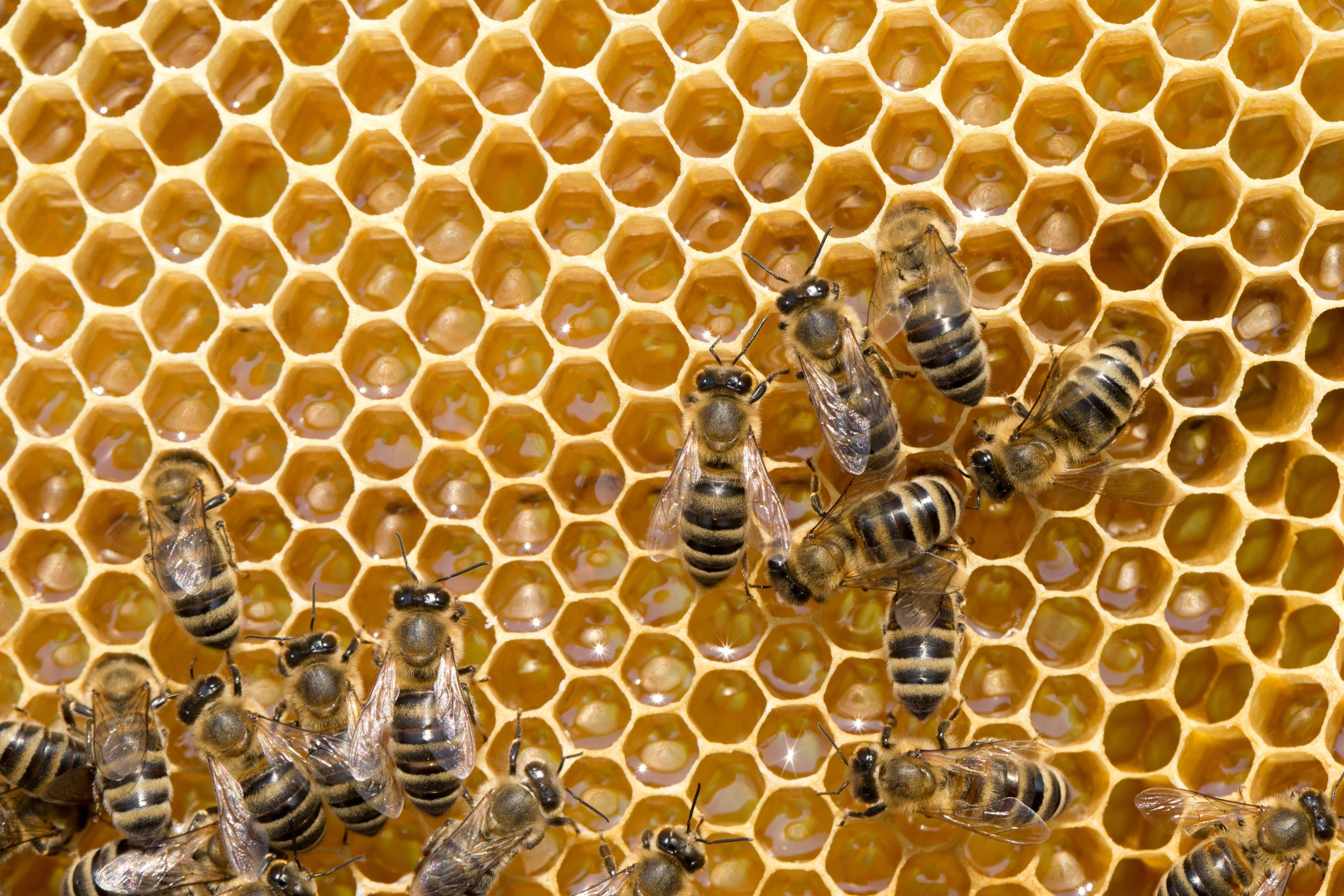Colony Collapse Disorder Hits England Honeybees Very Hard
July 01, 2015
Large Percentage of England’s Honeybees Perish Over Winter Months
According to the British Beekeepers Association, the level of honeybee losses over the winter months from the colony collapse disorder is “unacceptably high.” The number of recorded losses is so severe that the European Food Safety Authority has launched an investigation into what is threatening the honeybee population. In an article posted on TheGuardian.com, it has been reported that more than 14 percent of the honeybee colonies have been lost recording 18 percent in the west country areas and over 11 percent north of England.
This loss of approximately 14.5 percent of honeybee colonies in 2014 through 2015 is almost a 5 point jump from the recorded 9.6 percent loss in 2013 through 2014. Although this is lower than the alarming 19.3 percent loss from 2012 to 2013, it is still troublesome for scientists. The British Beekeepers Association, or BBKA, released a statement saying that this winter’s losses remain at, “unacceptably high levels and are still in excess of what might be considered normal losses of 5-10 percent.”
While there are many factors that need to be considered during European Food Safety’s investigation, BBKA believes that variable and often poor weather conditions, parasites like a varroa mite, starvation, and certain insect diseases are to blame for this season’s losses. Sussex University apiculture professor Francis Ratnieks disagrees with the BBKA’s views on the losses – he believes that the winter’s losses are actually low and have been easily managed by England’s beekeepers.
“Honeybee colonies have the capacity to double in number every summer when they swarm, or the beekeepers splits the colony in two, so 14.5% winter losses are totally sustainable,” says Ratnieks. Ratnieks himself has an apiary that is 100 hives strong and reports that he lost only two hives during the winter. He strongly believes that proper care of honeybees – such as being treated for parasites and supporting a strong queen – is the key to making sure that hive losses over the winter decrease.
Honeybee’s help to contribute over £650m to the United Kingdom’s economy – 45 percent of the strawberry crop and 85 percent of the apple crop that the UK produces relies heavily on honeybees for their pollination. In a recent survey, more than half of adults living in the UK have expressed that they would do more to help honeybees, but two-thirds do not know how. Because of this the BBKA has launched an easy step-by-step guide to how individuals can help support the honeybee populations.


.jpg)



